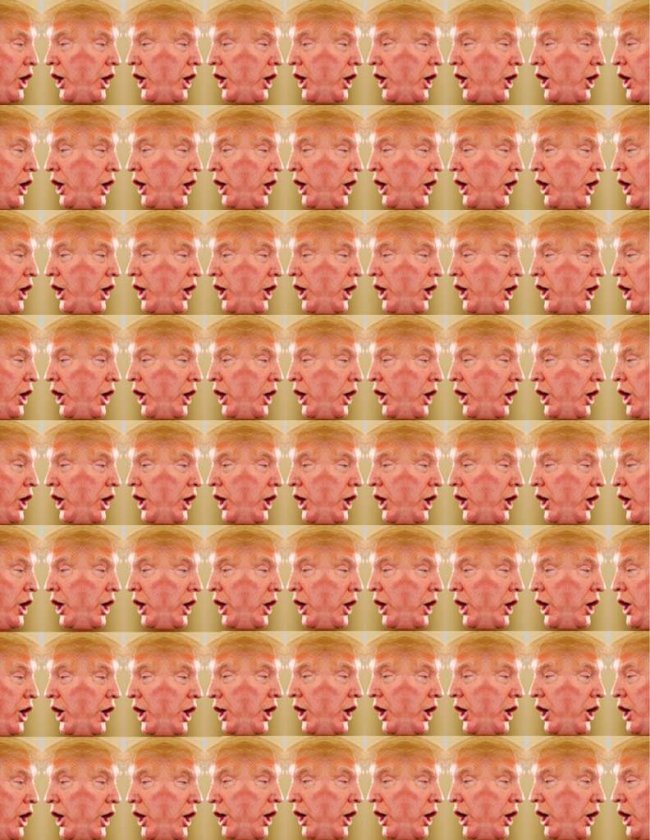TREMORS by Hattie Myers
“To be stupefied,” Jared Russell explains in his provocative essay Stupidity, “is to regress in the face of the unexpected, to have one’s critical faculties paralyzed.” The contributors to Room 2.20 may be terrified and even heartbroken in the face of the unexpected, but they are not stupefied.




